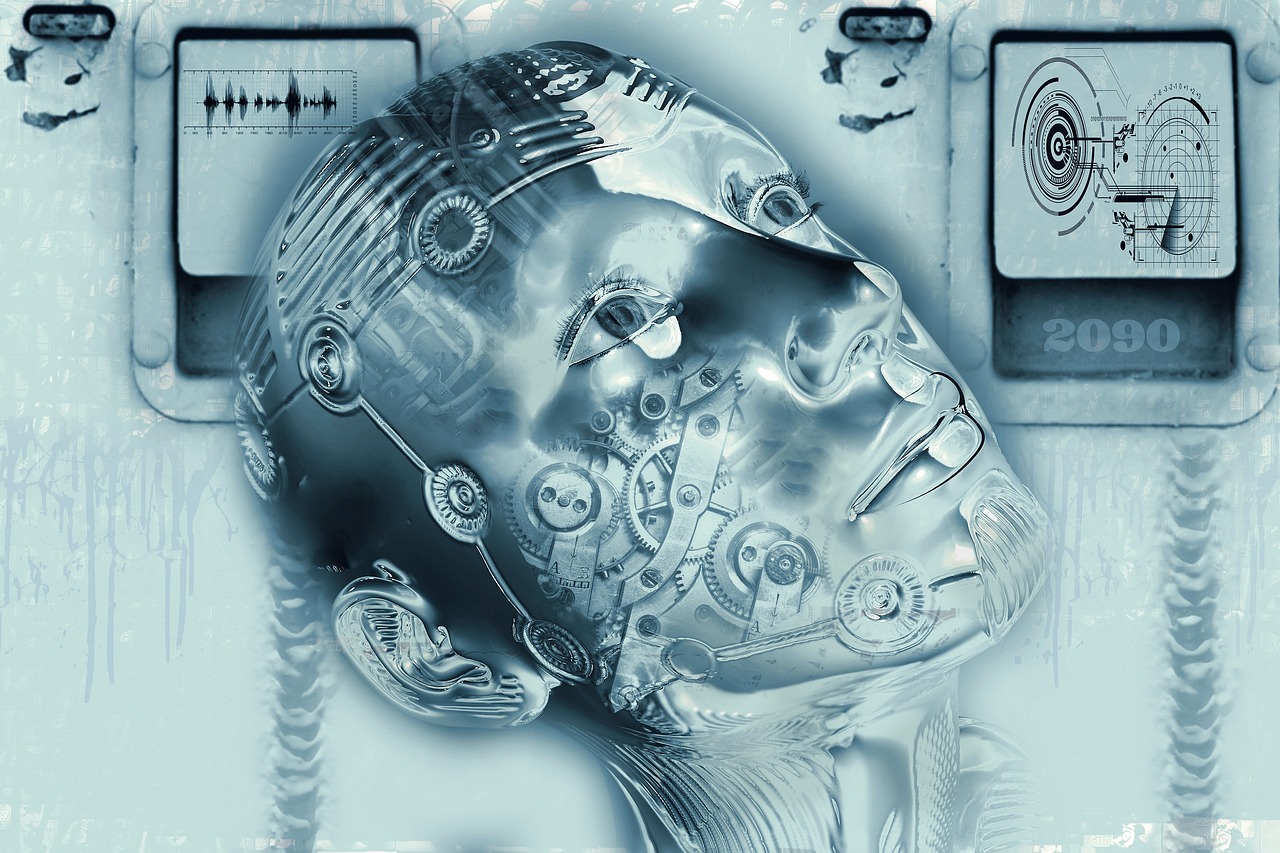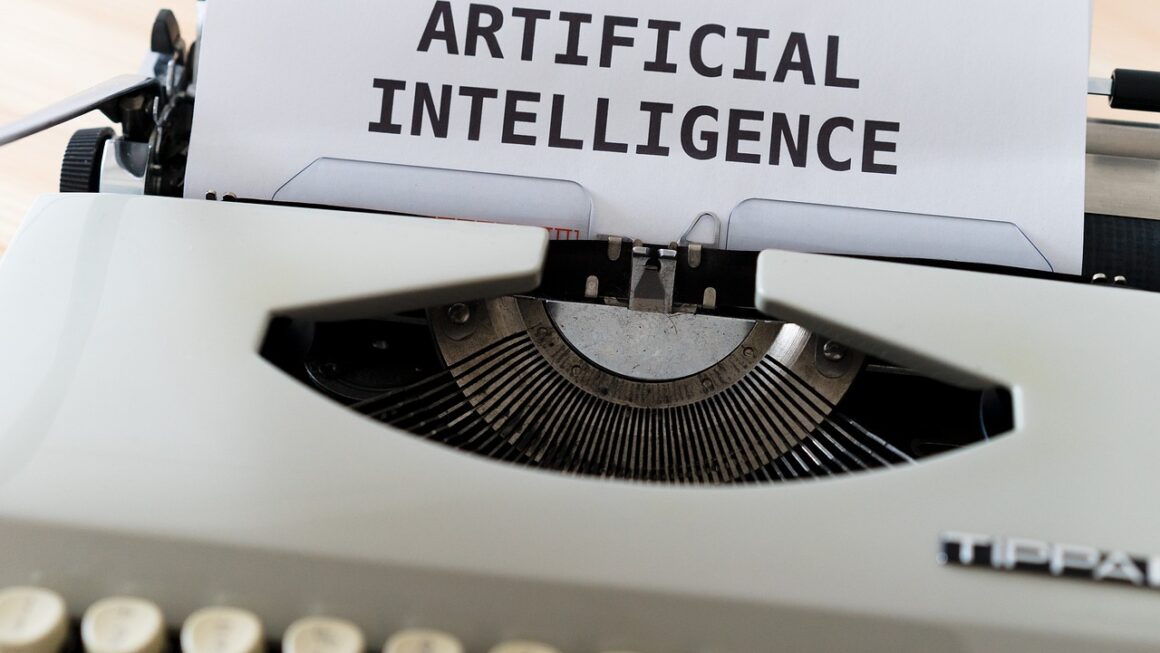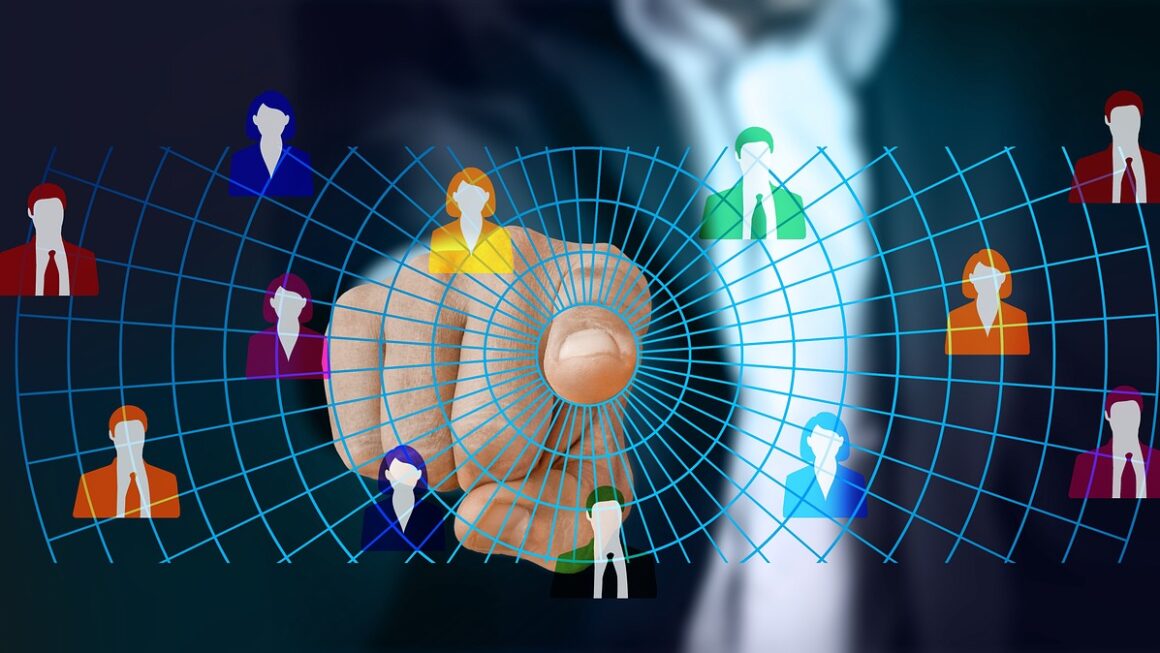The rise of artificial intelligence (AI) is no longer a futuristic fantasy; it’s a present-day reality reshaping our world in profound ways. From self-driving cars to personalized healthcare, AI is permeating every aspect of modern life, bringing both immense opportunities and complex challenges. Understanding the societal impact of AI is crucial for individuals, businesses, and governments alike to navigate this transformative era effectively. This blog post delves into the multifaceted relationship between AI and society, exploring its potential benefits, inherent risks, and the crucial ethical considerations that must guide its development and deployment.
AI’s Impact on the Workforce
AI is poised to revolutionize the labor market, automating routine tasks and creating new job categories. Understanding these shifts is essential for workers and policymakers alike.
Job Displacement and Creation
One of the most discussed aspects of AI’s societal impact is its potential to displace human workers. AI-powered automation can perform repetitive tasks more efficiently and cost-effectively than humans, leading to concerns about job losses in sectors such as manufacturing, data entry, and even customer service.
However, it’s equally important to recognize that AI also creates new job opportunities. These include:
- AI developers and engineers: Designing, building, and maintaining AI systems.
- Data scientists: Analyzing and interpreting large datasets to train AI models.
- AI trainers: Ensuring AI models are accurate, unbiased, and aligned with human values.
- AI ethicists: Developing ethical guidelines for AI development and deployment.
- Roles that require uniquely human skills: Critical thinking, creativity, emotional intelligence, and complex problem-solving. For example, the demand for nurses and teachers is unlikely to be significantly impacted by AI automation.
Actionable takeaway: To adapt to the changing job market, individuals should focus on developing skills that complement AI, such as critical thinking, creativity, and emotional intelligence. Businesses should invest in training programs to reskill and upskill their workforce.
The Skills Gap
The rapid advancement of AI is creating a skills gap, with many workers lacking the necessary knowledge and abilities to thrive in the AI-driven economy. Closing this gap is crucial for ensuring that everyone benefits from the AI revolution.
Initiatives to address the skills gap include:
- Investing in education and training programs: Offering courses and workshops on AI, data science, and related fields.
- Promoting STEM education: Encouraging students to pursue careers in science, technology, engineering, and mathematics.
- Developing apprenticeships and internships: Providing hands-on experience in AI-related roles.
- Lifelong learning: Emphasizing the importance of continuous learning and skill development throughout one’s career.
Example: Online platforms like Coursera and edX offer a wide range of AI and machine learning courses that can help individuals acquire new skills and knowledge.
Actionable takeaway: Explore online learning resources and consider enrolling in courses or workshops to enhance your AI-related skills. Employers should also invest in training programs for their employees to ensure they have the skills needed to work effectively with AI.
AI in Healthcare
AI is transforming healthcare, leading to more accurate diagnoses, personalized treatments, and improved patient outcomes.
Diagnosis and Treatment
AI algorithms can analyze medical images, such as X-rays and MRIs, to detect diseases like cancer with greater accuracy and speed than human radiologists. AI can also be used to personalize treatment plans based on a patient’s individual characteristics and medical history.
Examples include:
- IBM Watson Oncology: Uses AI to analyze patient data and recommend treatment options for cancer patients.
- AI-powered diagnostic tools: Assist doctors in diagnosing diseases by analyzing medical images and patient data.
- Drug discovery: AI can accelerate the drug discovery process by identifying potential drug candidates and predicting their effectiveness.
Actionable takeaway: Explore how AI-powered diagnostic tools could benefit you by asking your doctor about available options for screening, diagnosis, and treatment.
Personalized Medicine
AI enables the development of personalized medicine, tailoring treatments to an individual’s unique genetic makeup, lifestyle, and environment. This approach can lead to more effective treatments and fewer side effects.
Benefits of personalized medicine include:
- More targeted treatments: Tailoring treatments to a patient’s specific needs.
- Improved treatment outcomes: Increasing the likelihood of successful treatment.
- Reduced side effects: Minimizing the adverse effects of treatment.
- Preventive care: Identifying individuals at risk for certain diseases and implementing preventive measures.
Actionable takeaway: Consult with your healthcare provider about genetic testing and personalized medicine options that might be relevant to your health conditions.
Ethical Considerations of AI
The development and deployment of AI raise important ethical concerns that must be addressed to ensure that AI benefits all of humanity.
Bias and Fairness
AI algorithms are trained on data, and if that data is biased, the resulting AI system will also be biased. This can lead to unfair or discriminatory outcomes, particularly for marginalized groups.
Examples of AI bias include:
- Facial recognition systems: Often perform worse on people of color, particularly women.
- Loan application algorithms: May discriminate against minority applicants.
- Recruitment tools: Can perpetuate existing biases in hiring practices.
Actionable takeaway: When interacting with AI systems, be mindful of potential biases and report any instances of unfair treatment or discrimination. Support organizations that are working to promote fairness and equity in AI.
Transparency and Accountability
It’s important to understand how AI systems make decisions so that we can identify and correct biases, ensure accountability, and build trust. However, many AI systems are “black boxes,” making it difficult to understand their inner workings.
Strategies for promoting transparency and accountability in AI include:
- Explainable AI (XAI): Developing AI systems that can explain their decisions in a clear and understandable way.
- Auditing AI systems: Regularly auditing AI systems to identify and correct biases.
- Establishing clear lines of accountability: Determining who is responsible when an AI system makes a mistake or causes harm.
Actionable takeaway: Advocate for transparency and accountability in AI by supporting policies and initiatives that require AI systems to be explainable and auditable.
Privacy and Data Security
AI systems often require vast amounts of data to function effectively, raising concerns about privacy and data security. It’s important to protect individuals’ personal information and ensure that it is used responsibly.
Measures to protect privacy and data security in AI include:
- Data anonymization: Removing personally identifiable information from data.
- Data encryption: Protecting data from unauthorized access.
- Data governance: Establishing policies and procedures for managing data.
- Privacy-preserving AI: Developing AI techniques that can learn from data without compromising privacy.
Actionable takeaway: Be aware of the data privacy policies of AI-powered applications and services that you use. Take steps to protect your personal information online, such as using strong passwords and enabling two-factor authentication.
AI and Education
AI is revolutionizing education, offering personalized learning experiences, automating administrative tasks, and providing new tools for teachers.
Personalized Learning
AI can analyze student data to identify individual learning needs and preferences, allowing for personalized learning experiences tailored to each student’s unique strengths and weaknesses.
Benefits of personalized learning include:
- Increased student engagement: Students are more likely to be engaged when learning is tailored to their interests and abilities.
- Improved learning outcomes: Personalized learning can lead to better academic performance.
- Increased efficiency: Students can learn at their own pace, focusing on areas where they need the most help.
Example: AI-powered tutoring systems can provide students with personalized feedback and support, helping them master concepts and improve their skills.
Actionable takeaway: Discuss personalized learning options with your child’s teacher or school. Explore AI-powered educational apps and resources that can help your child learn more effectively.
Automating Administrative Tasks
AI can automate many administrative tasks that teachers and administrators currently perform, freeing up their time to focus on teaching and student support. These tasks include grading papers, scheduling meetings, and managing student records.
Examples of AI in education administration:
- Automated grading systems: Can grade multiple-choice tests and essays.
- AI-powered chatbots: Can answer student questions and provide support.
- Scheduling tools: Can automate the scheduling of meetings and events.
Actionable takeaway: If you’re an educator, explore AI-powered tools that can help you automate administrative tasks and free up your time for teaching and student interaction.
Conclusion
The integration of AI into society is a complex and evolving process with the potential to transform nearly every aspect of our lives. While AI offers immense opportunities for progress in areas such as healthcare, education, and the workforce, it also raises significant ethical concerns that must be addressed. By promoting fairness, transparency, accountability, and privacy in AI development and deployment, we can ensure that AI benefits all of humanity. Understanding these issues and actively participating in the ongoing conversation about AI’s role in society is crucial for shaping a future where AI empowers us to solve pressing challenges and create a more just and equitable world.




